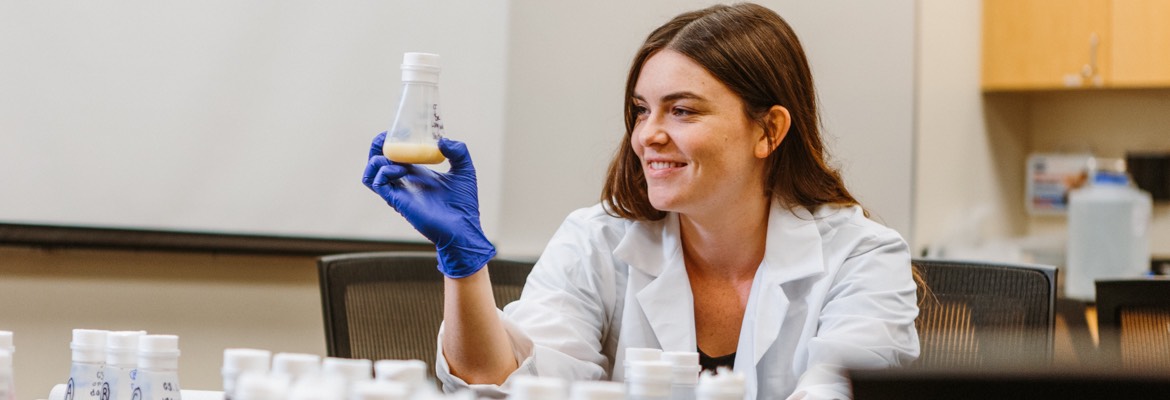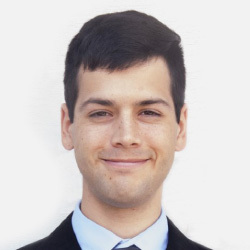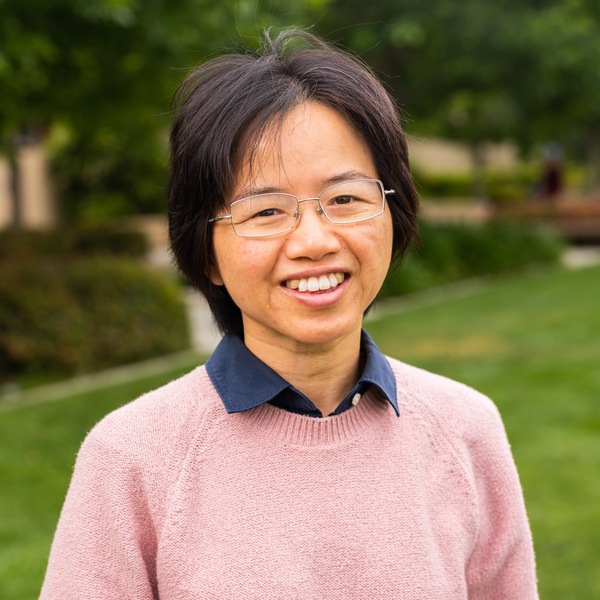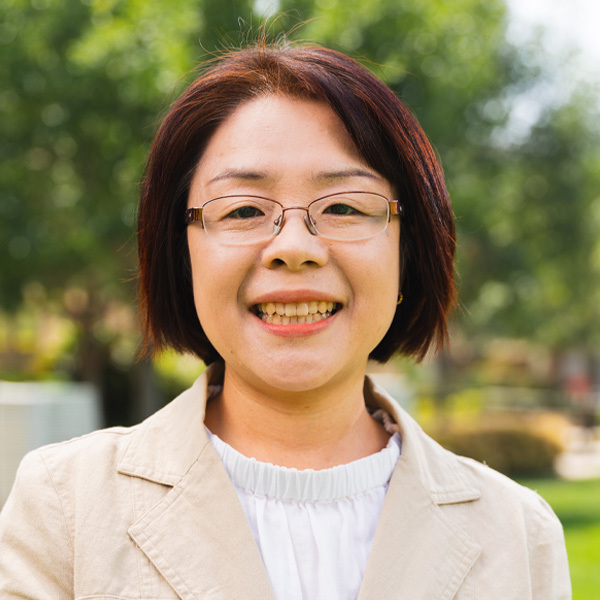B.S. in Biochemistry
Overview
Biochemistry, the study of the chemistry of living systems, is an essential field for those interested in biomedical research, drug discovery, medicine and other health-related careers. In Biola's biochemistry program, you'll gain the strong technical foundation you need for entrance into medical and health professional schools, or graduate programs at the intersection of biology and chemistry.
In addition to its strong curriculum, expert faculty members and vigorous biblical integration of faith and science, Biola’s biochemistry program offers several key advantages:
- Small class sizes provide maximum interaction and faculty mentoring.
- Student groups like Health Careers Club offer numerous opportunities for support and interaction with a community of peers.
- Biola's location in Southern California offers numerous opportunities for internships and research in hospital, clinical, industrial, government and other academic laboratories.
- Green Chemistry training will train you to work with chemicals and materials by applying the 12 principles of green chemistry in the biochemical sciences. Learn more about the Green Chemistry Commitment on the Department of Biological Sciences and Chemistry website.
- Hands-on experience with modern scientific equipment in well-equipped chemistry and biology labs at the Lim Center. Instruments include a high-performance liquid chromatograph, an electron microscope, inductively-coupled plasma mass spectrometer, and a high-speed centrifuge.
- Be mentored by expert faculty who integrate their Christian faith into their lives as researchers, teachers and ministers in local or global communities. Students have opportunities to be involved in directed research with faculty, participate in presentations at various conferences and co-author peer-reviewed journal articles. Learn more about our faculty and student research.








